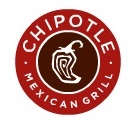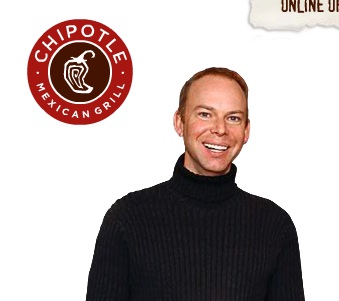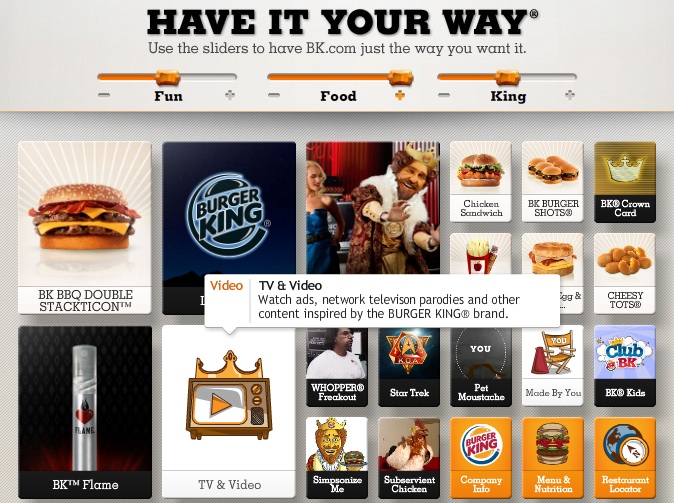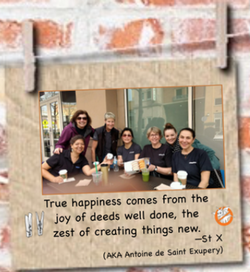 According to a study conducted by Technomic (“Status and Future of Fast Foods: Consumer Trend Report” ), the perception of fast food is no longer confined to quick-service, drive-thru restaurants and convenience stores.
According to a study conducted by Technomic (“Status and Future of Fast Foods: Consumer Trend Report” ), the perception of fast food is no longer confined to quick-service, drive-thru restaurants and convenience stores.
The food industry research and consulting firm noted that a dual concept has emerged, consisting of traditional fast food, and of “food fast,” served quickly with a greater emphasis on flavor, quality and ambiance. Or in the case of the Chipotle Mexican Grill, integrity is thrown into the mix.
 In 1993, Steve Ellis founded a simple burrito place (800 square feet in size) in Denver with the intent of applying the techniques he had learned at the Culinary Institute of America and in professional kitchens, towards making great tasting burritos and tacos with the best ingredients he could find, while keeping the prices reasonable. He aimed to serve his food in a hip, friendly, casual environment.
In 1993, Steve Ellis founded a simple burrito place (800 square feet in size) in Denver with the intent of applying the techniques he had learned at the Culinary Institute of America and in professional kitchens, towards making great tasting burritos and tacos with the best ingredients he could find, while keeping the prices reasonable. He aimed to serve his food in a hip, friendly, casual environment.
The Knowledge@Wharton newsletter made me aware of Chipotle’s background in an article titled, “Full of Beans: How a Classically Trained Chef Reinvented Fast Food.”
Ellis had participated in one of the November Wharton Leadership Lectures where he spoke about how concept behind Chipotle, was to make it a local version of the cheap, tasty taquerias that he had loved in California. The article mentioned his mindset, “every single customer who came through that door was precious.” It talked about how he taught his small crew how to cook (i.e. how to grill chicken, how to make beans — including how you need to toast the cumin and then grind it in a mortar and pestle).
It seems natural that his business philosophy would include the concept of “Food with Integrity.” As the number of outlets grew, he made it a point to see where the food came from — “how the vegetables are grown, how the pigs, cows and chickens are raised, where the best spices come from.” Â To him, it was important to understand how these factors affect the flavor of the finished product. And what we can do to improve it.
 On the Chipotle website, “Food With Integrity” is described as “a philosophy that we can always do better in terms of the food we buy. And when we say better, we mean better in every sense of the word- better tasting, coming from better sources, better for the environment, better for the animals, and better for the farmers who raise the animals and grow the produce.”
On the Chipotle website, “Food With Integrity” is described as “a philosophy that we can always do better in terms of the food we buy. And when we say better, we mean better in every sense of the word- better tasting, coming from better sources, better for the environment, better for the animals, and better for the farmers who raise the animals and grow the produce.”
>> To me, this was a revelation. I had only known about Chipotle through their brief affiliation with McDonalds — which helped the business grow from 18 to 540 stores by the time McDonalds divested in 2006. I had no idea about the thinking behind the business. This article made me want to give Chipotle a second look.<<<
The Restaurateur Program:
What really impressed me was that Ellis and his co-CEO, Montgomery Moran, also thought beyond ingredients — recognizing the importance of a “top-notch staff.”
They have a program where Chipotle managers are designated restaurateurs, a status that comes with significant possible financial benefits. To be a restaurateur, a manager has to have a perfect store. That obviously includes the staff.
Ellis stated, “Every single person on the staff has to be somehow inspired and have characteristics that you can’t teach: infectious enthusiasm, honesty, clean, presentable, good hygiene, fun to talk to, great eye contact, the kind of stuff you look for in a friend.“Â To be successful, you had to attract high performers and jettison the low performers.
The financial rewards are significant too. Restaurateurs get a $10,000 bonus whenever one of their staff becomes a store manager.
Give the complete story a read. Then find one of the 900 Chipotle eateries and see for yourself if the philosophy Ellis espouses has been internalized by team members. His way of thinking about “fast food” along with his success could spawn copycats. And that’s actually a good thing.
###
Notable Quotables:
According to Ells, “We have an opportunity to change the way people think about fast food, which is what most people in this country eat.” Much of it, he said, is based on the Ray Kroc model and the standard set by McDonald’s. “Now we have a business model that’s based on spending more for sustainably raised foods, and also making a very handsome profit and providing real growth opportunities.”
“Chipotle now buys more naturally-raised meat — antibiotic-free and no growth hormones, and fed an all-vegetarian diet — than any other restaurant company in the world,” he said. “I’m very proud of that, and it’s more sustainable than the mass-produced commodity way.” The chain has also begun buying organic beans and trying to source vegetables locally in-season. “All of a sudden I find myself with this team of 25,000 Chipotle employees who are excited about feeding people really good, sustainably raised food.”

















Speak Your Mind